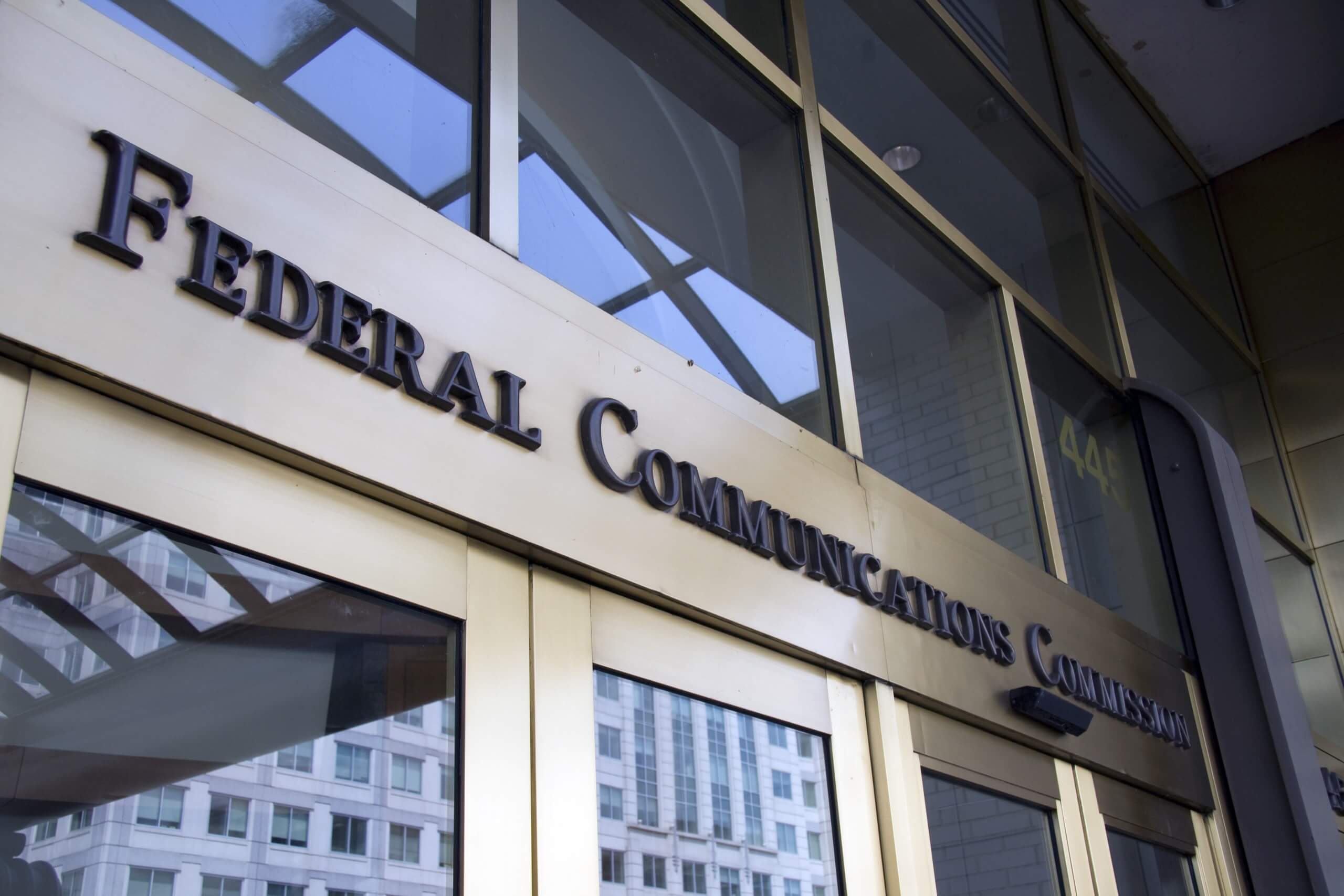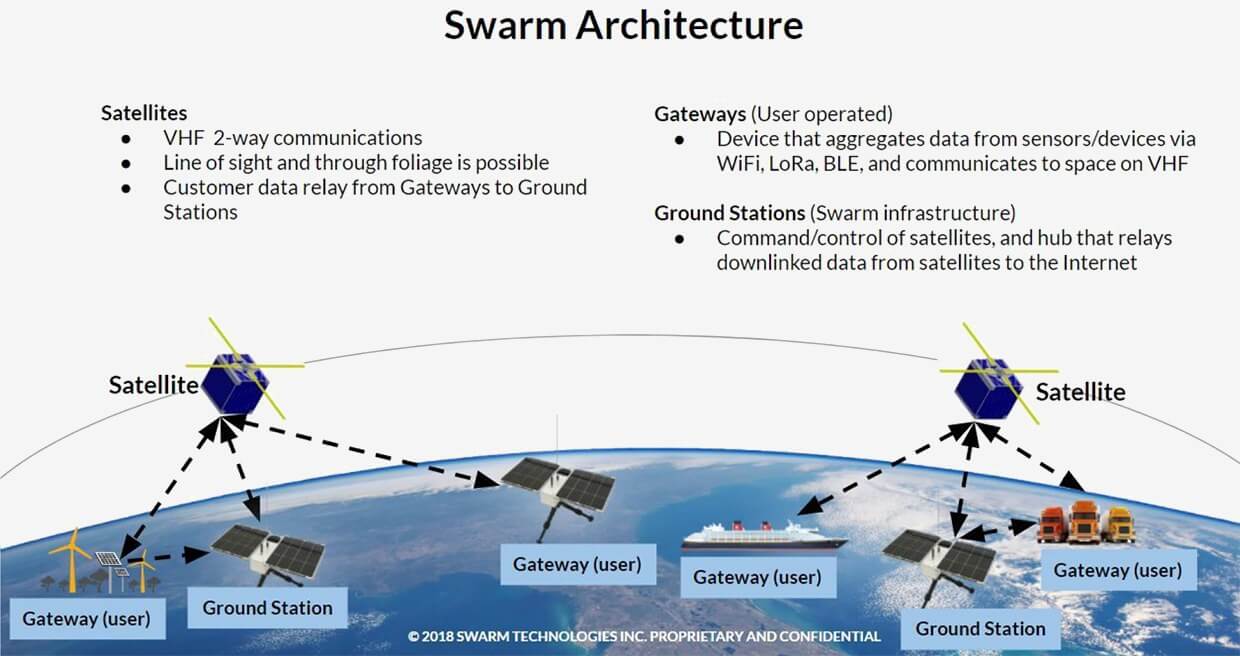What just happened? When it comes to communications within the United States, nothing happens without FCC approval. When satellite-broadband startup Swarm Technologies launched four small satellites after being told not to, the commission issued a fine and other sanctions.

The Federal Communications Commission issued an edict against space startup Swarm Technologies ordering it to fork over $900,000 for launching four small satellites back in January without authorization. The company will also have to operate under the strict supervision of the FCC for the next few years. The settlement comes after a nearly year-long investigation.
"The size of the penalty imposed is probably not significant enough to deter future behavior, but the negative press coverage is likely to prevent this company and others from attempting to do this again," said FCC Commissioner Michael O’Rielly in a statement.
Back in 2017, Swarm had applied for permission to launch the “Spacebees” satellites but was denied. Space noted that the company went ahead with the deployment anyway. When confronted about it, the company admitted to sending the orbiters up, and the FCC launched an investigation.

It found that in addition to the unsanctioned launch, Swarm had violated several other FCC regulations including unauthorized weather balloon-to-ground station tests and trials of satellite and ground station equipment.
Swarm has plans of placing nearly 100 small satellites into orbit to provide internet coverage to connected devices. To continue with this project, it has agreed to pay the fine. It will also be required to supply extra documentation to the commission whenever it prepares to send up future satellites for the next five years.
In exchange, the FCC issued a permit effective from July 2018 to February 2019 to Swarm to operate its Spacebees satellites. It also allowed three more to go up a couple of weeks ago on December 3. If all goes as planned, and Swarm toes the line with the FCC, it could launch several more in 2019.
https://www.techspot.com/news/77979-fcc-fines-space-startup-900000-after-unsanctioned-satellite.html